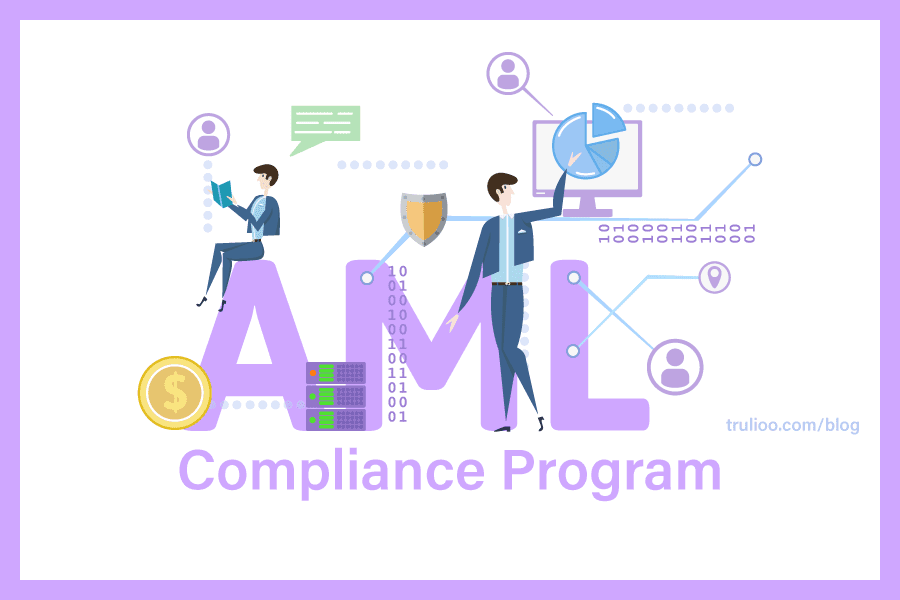Safeguarding Finances: Essential Strategies in Anti-Money Laundering and Counter-Terrorism Financing
 0
0
Posted: Wed January 31 9:31 AM PST
Member: Sintia Derthy
Tags: basics

Have you ever considered the intricate defenses that protect our financial systems from the shadows of money laundering and terrorist financing? Imagine a world where these defenses are absent. The stability we take for granted in our day-to-day transactions would be under constant threat. This isn't just a concern for bankers or financial analysts; it's a pressing issue that impacts us all. That's where the crucial roles of anti-money laundering (AML) and counter-terrorism financing (CTF+) come into play. They are not just buzzwords but robust shields guarding our economic security.
Understanding the Basics of AML and CTF+
At its core, AML and CTF+ are about identifying and preventing financial activities that aim to legitimize illegally obtained money or fund harmful activities. It’s a global fight, requiring vigilance from every corner of the financial world. AML focuses on tracking and stopping the process of making illicit gains appear legitimate. CTF+, on the other hand, is about cutting off the financial resources that terrorist groups rely on. It’s a complex puzzle, requiring an understanding of varied financial mechanisms and sharp analytical skills.
Key Concepts in AML/CTF+
To grasp the essentials of AML and CTF+, we start with some key terms:
- Money Laundering: Disguising proceeds from criminal activities to make them appear lawful.
- Terrorist Financing: Providing funds for terrorist activities, regardless of the source’s legality.
- Due Diligence: Measures taken by financial institutions to identify their clients and assess risks.
- Compliance: Adhering to laws and regulations established to prevent financial crimes.
Understanding these concepts is the first step towards building a robust defense against these financial crimes.
The Impact of Financial Crime on Society
The effects of financial crime go far beyond the financial sector. It undermines the integrity of financial institutions, erodes public trust, and has far-reaching consequences for economies and societies. Money laundering, for instance, can destabilize economies by distorting market values and fueling corruption. Terrorism financing poses threats to national security and global peace. Recognizing these impacts is crucial in appreciating the importance of AML and CTF+ efforts.
Real-World Consequences
Consider the case of a small business unknowingly involved in laundering money. This not only puts the business at legal risk but can also lead to loss of reputation and financial stability. On a larger scale, unchecked terrorist financing can lead to devastating terrorist acts, affecting innocent lives and causing geopolitical instability.
Techniques for Countering Financial Crime
Combating financial crime requires a mix of technology, knowledge, and regulatory compliance. The techniques used in AML and CTF+ range from simple reporting procedures to sophisticated data analysis.
Regulatory Frameworks and Compliance
Regulations like the Bank Secrecy Act or the Patriot Act in the United States set the groundwork for AML and CTF+ efforts. Compliance with these regulations involves continuous monitoring, reporting suspicious activities, and keeping abreast of the ever-evolving tactics of financial criminals.
The Role of Individuals and Organizations
Everyone has a part to play in this battle against financial crime. For individuals, especially those in finance-related roles, staying informed and vigilant is key. Organizations, on the other hand, must ensure robust compliance programs and continuous staff training.
Contributing to AML/CFT+ Efforts
A great place to start is the AML training program https://amlcertification.com/courses/aml-foundations/. This training equips individuals with the knowledge and skills needed to identify and prevent financial crimes effectively. It’s not just for those in finance; anyone interested in understanding and combating these crimes can benefit.
Conclusion
In conclusion, the fight against money laundering and terrorist financing is a continuous and evolving challenge. Understanding the basics, recognizing the impact, employing effective techniques, and active participation from individuals and organizations are key to strengthening our financial defenses. As we navigate this complex landscape, remember, every effort counts in safeguarding our financial systems and, by extension, our way of life. Stay informed, stay vigilant, and contribute to a safer financial world.
Comments
Please login above to comment.
